Milk production in vulnerable areas (i.e. semiarid regions) is already affected by climate change. Despite causing serious environmental degradation through obsolete practices, pasture and diary cattle are also a primary source of income in these regions. Often, diary companies or cooperatives have local operations that purchase large milk volumes. Since 2006, the Adapta Group has decreased diary farmers’vulnerability by developing and testing the climate smart agricultural system MAIS Leite. The MAIS is a combination of disrupting technologies implemented through innovative financial architectures with the objective of i)Intensify the production of bovine milk with lower carbon footprint, ii)Reduce substantially the production oscillation during the annual dry season and recurrent droughts, iii)Reduce the diary sector investment risk in these regions. The MAIS system has been conceived to become a self-sustianing program by generating shared value for all stakeholders involved.
Long Description
The MAIS model had been gradually implemented, tested and refined on 365 diary farms in partership with two farmers cooperatives in semiarid Bahia, Brazil, over a variable period of 12 to 26 months through seed funding from the Inter-American Development Bank. These are some of the main results achieved so far:
- Increase the average production from 65 to 110 liters/day (40% increase) in 12 months and more than triple in 24 months
- Increase net family earnings from $ 250 to $ 600 per month (2.4 times) in 12 months and more than triple in 24 months
- Reducing production oscillations by 30%
- Fostering local economic development through $ 8500 investment in technology per farmer
- Reducing manual work by 4 hours/day/farmer through mechanization
- Delimiting the areas to be restored and protected in 100% of the farms
- Restore degraded pasture land in 100% of the farms
- Specialising one field technician every 25 farmers on MAIS system and climate resilience
The objective is to bring the MAIS system beyond the piloting phase and test it commercially in partnership with a medium or large-scale enterprise/cooperative. The MAIS system adds significant value to the whole value chain. About 70% of the additional gains stay with the farmer, while the remaining portion is split between the dairy enterprise and the ADAPTA Group to pay for the MAIS services. The MAIS principles can be used to design similar climate resilient systems in other value chains.

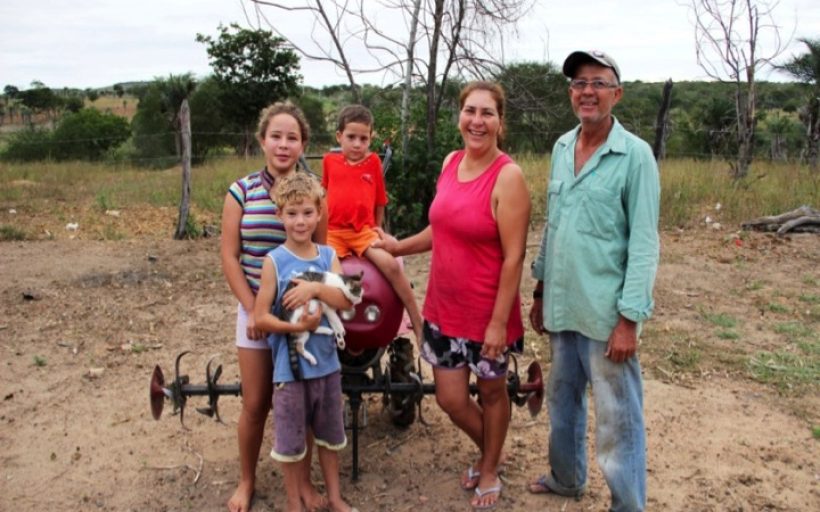
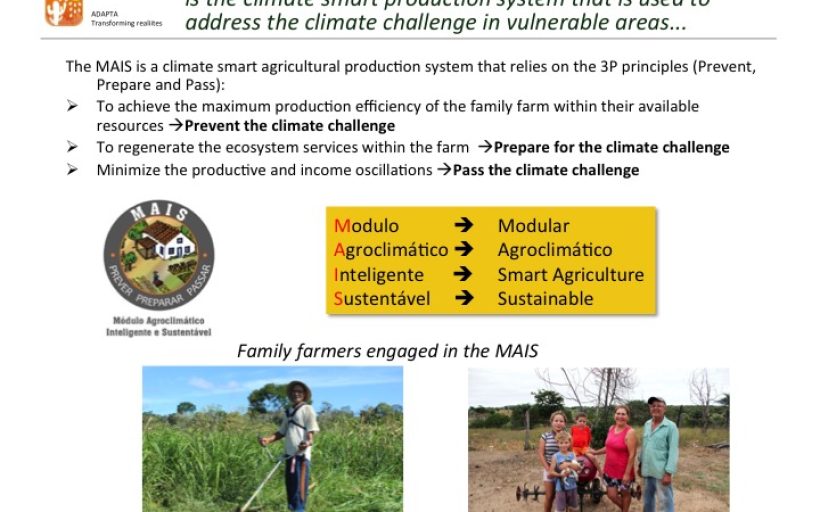
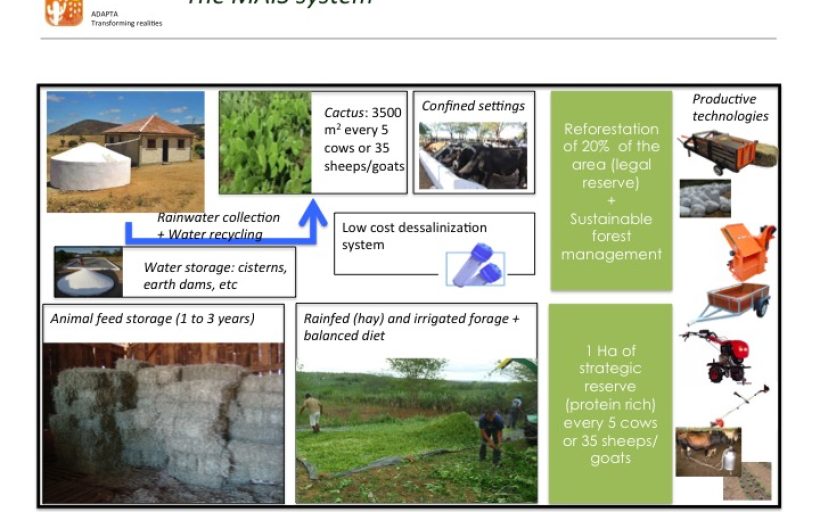
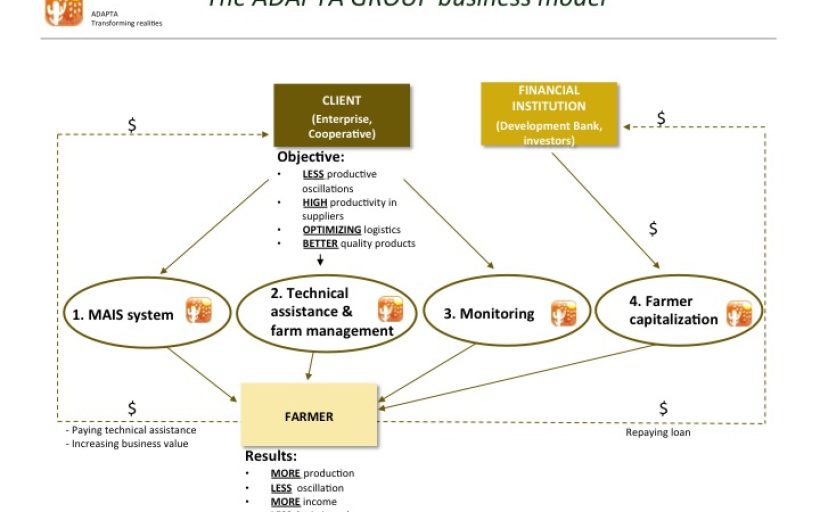
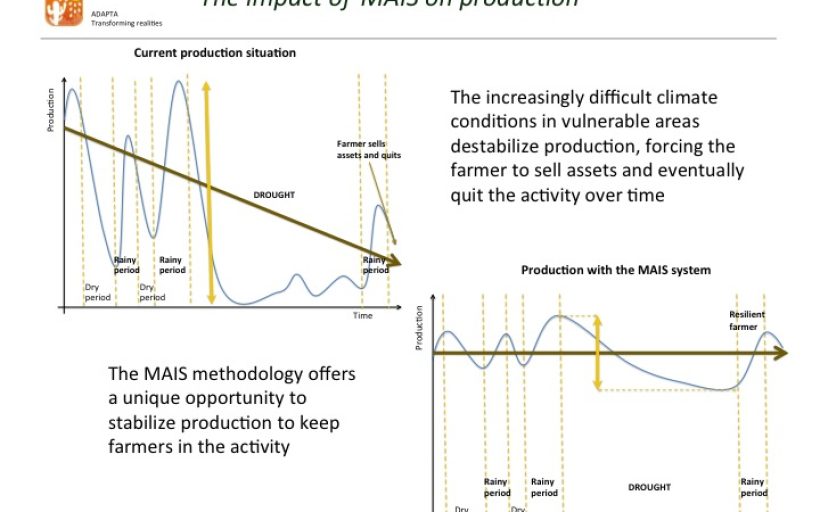
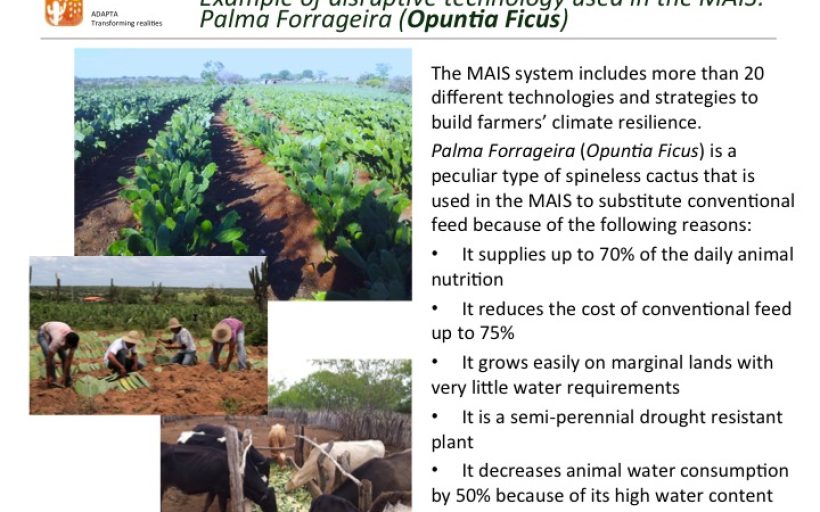
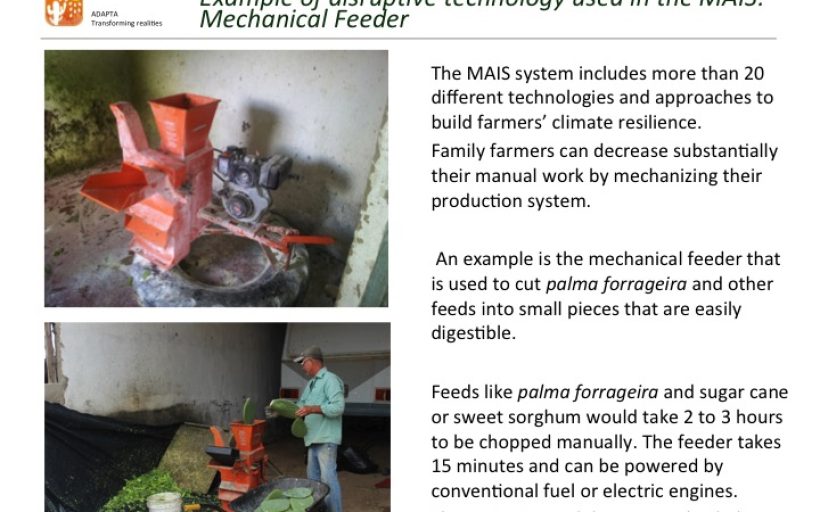
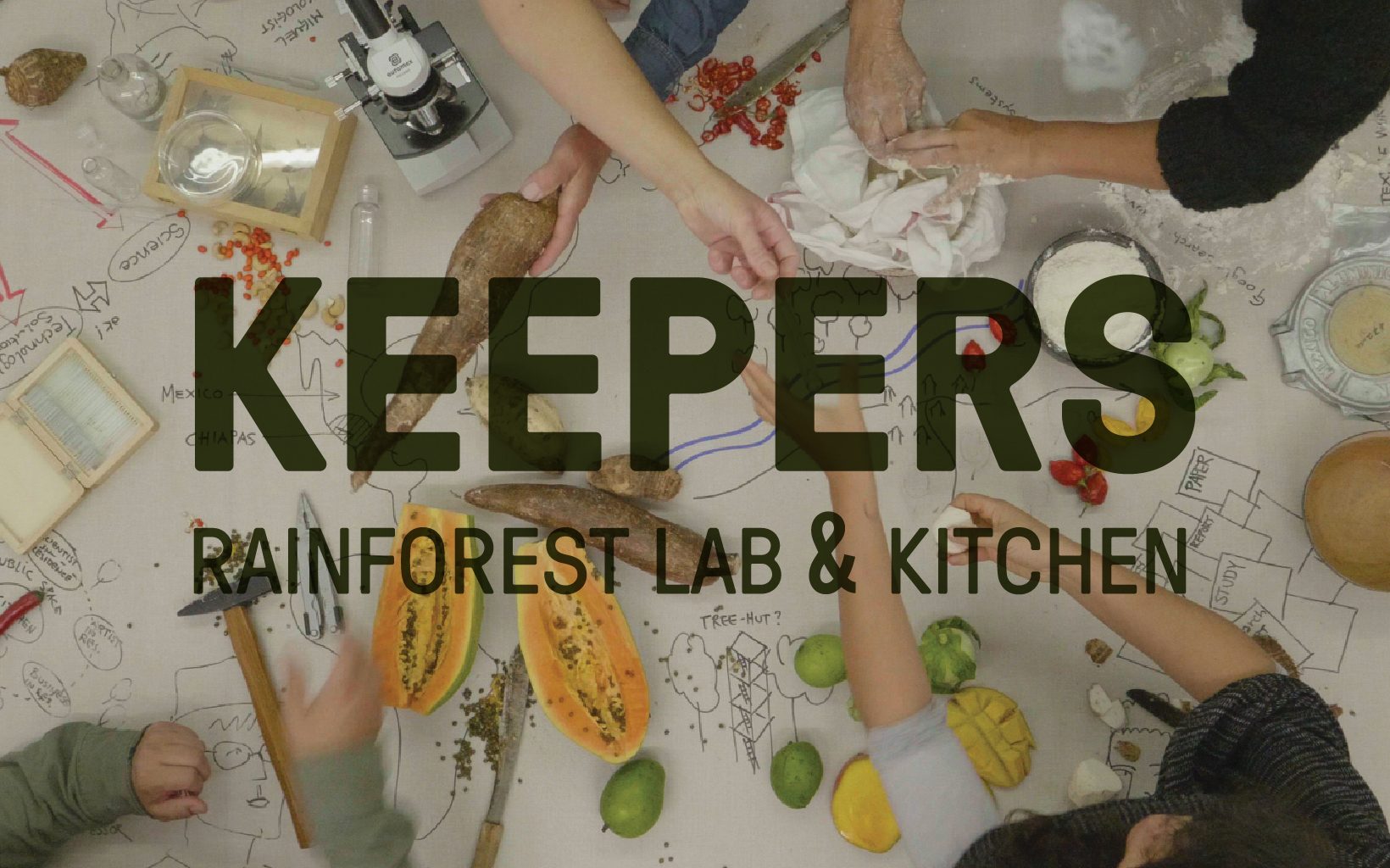
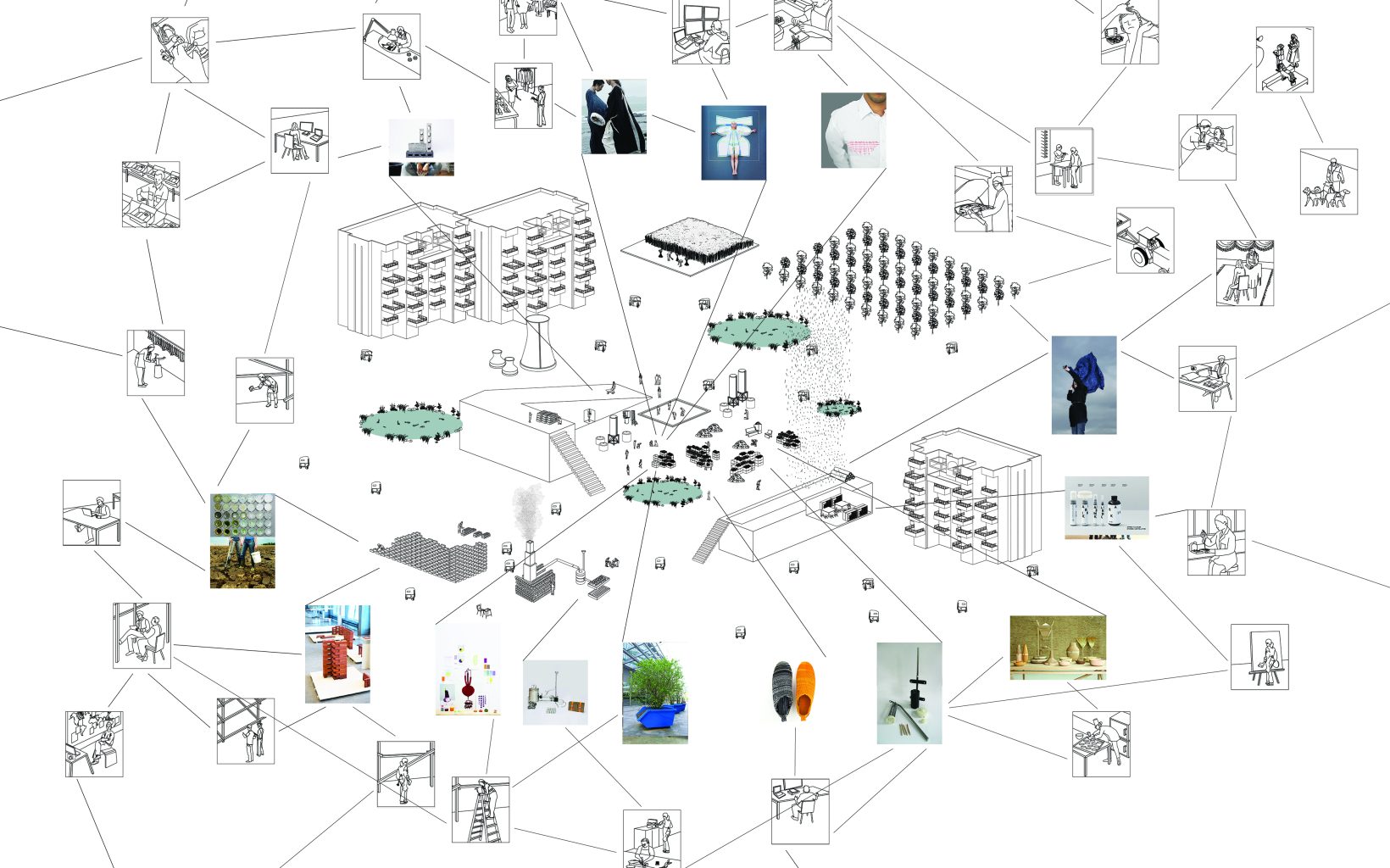
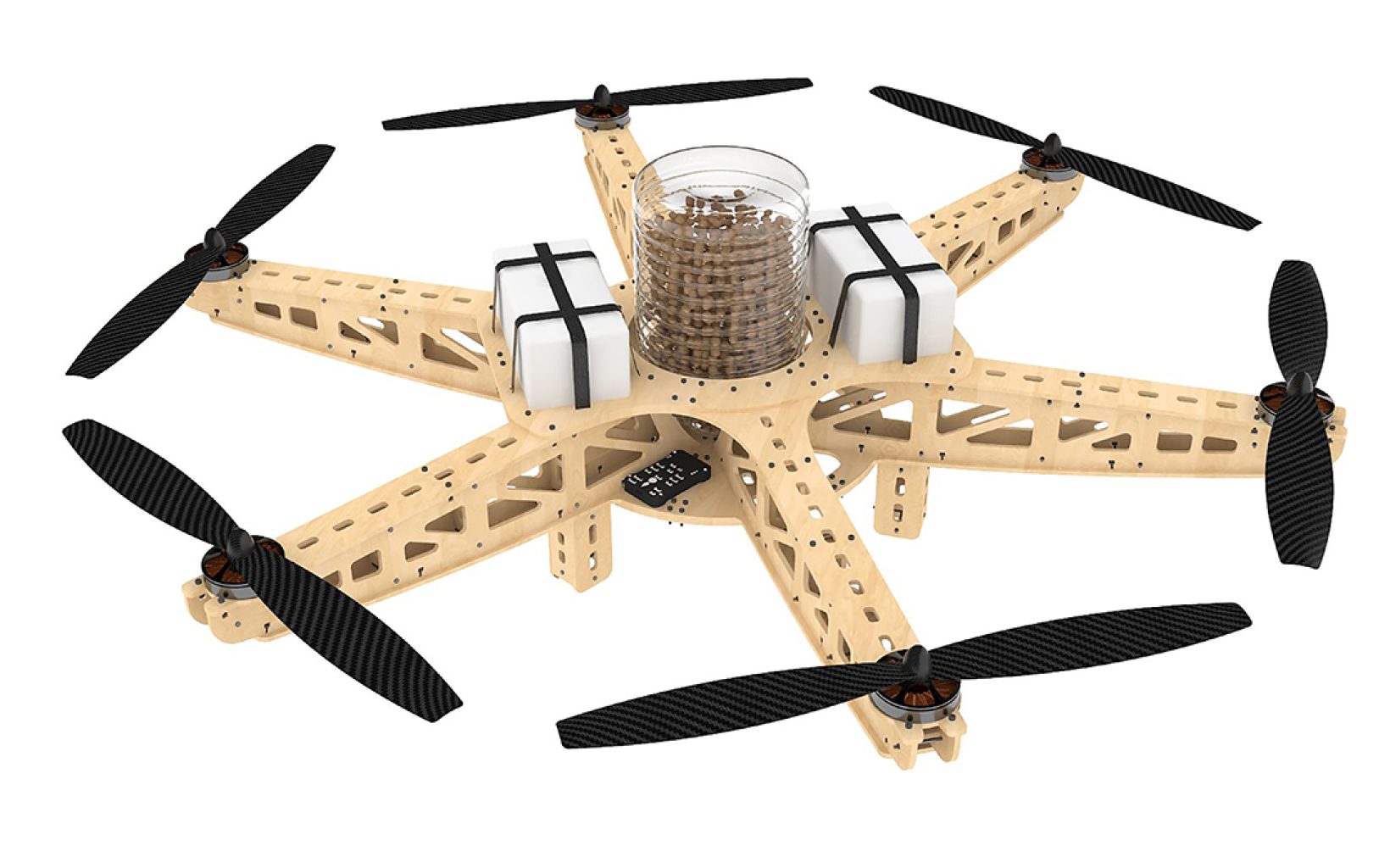
Share on social media.
Facebook
Twitter
LinkedIn
Mail